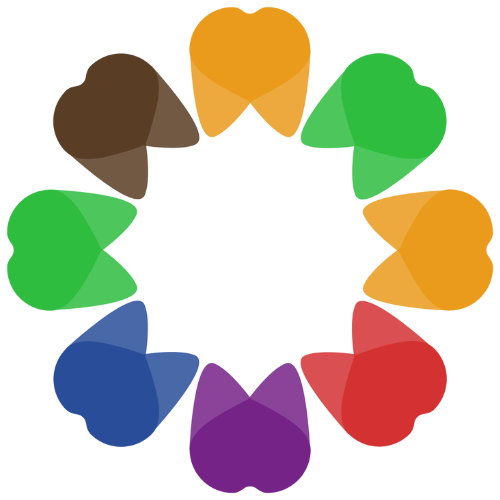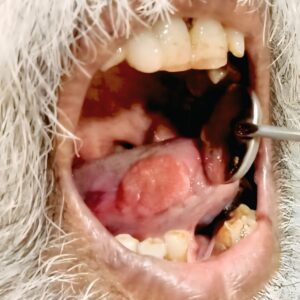
9 Tooth Cavity Symptoms Warning: Stop Pain Before It Starts
Introduction
Cavities can sneak up quietly, often starting with subtle discomfort that’s easy to overlook. Recognizing these tooth cavity symptoms early is the key to protecting your smile and avoiding more serious dental issues down the road. In this post, we’ll dive into the telltale signs of cavities—from sensitivity and pain to visible changes in your teeth—empowering you to take charge of your oral health with confidence. The symptoms can vary depending on the stage of decay, often starting subtly and becoming more pronounced as the condition worsens. Recognizing these signs early can significantly improve the chances of preserving your natural teeth and maintaining good oral health.
Let’s explore what your teeth might be trying to tell you and why acting fast can make all the difference!
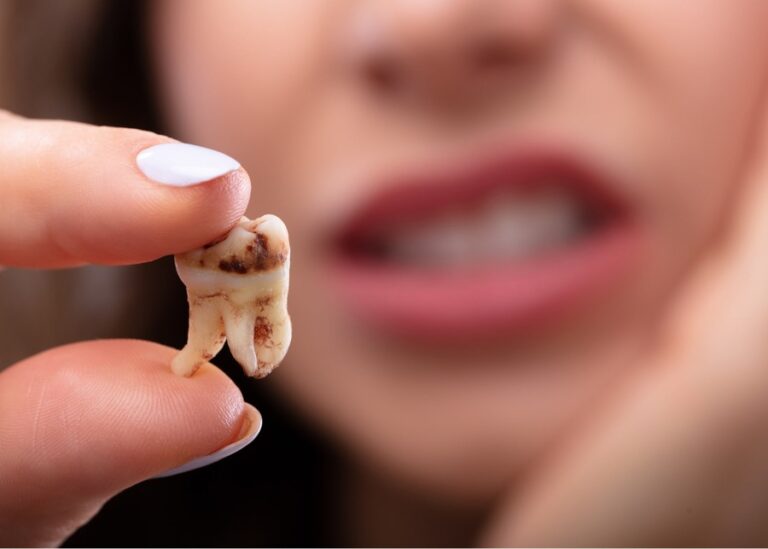
Table of Contents
Warning tooth cavity symptoms and signs: What to Look Out For
Identifying teeth cavity symptoms early is key to preventing further dental issues. Below are the primary signs to watch for:
1. Discomfort with Hot, Cold, or Sweet Items:
Early cavities often cause teeth to feel sensitive when exposed to hot, cold, or sugary foods and drinks. This discomfort arises when enamel wears down, exposing the sensitive dentin layer beneath, which is connected to nerve endings.
2. Noticeable Pits or Dark Spots on Teeth:
As decay advances, you may see small holes or darkened areas on your teeth, ranging from light brown to black. These visible changes indicate significant enamel damage and require prompt dental attention.
3. Persistent Bad Breath:
Ongoing bad breath, even with good oral hygiene, can signal a cavity. Bacteria and trapped food in decayed areas can create an unpleasant odor, suggesting the need for a dental checkup.
4. Strange or Foul Taste in the Mouth:
Cavities can cause an odd, lingering taste due to bacterial activity and decay. If you notice a persistent unpleasant taste that affects how food tastes, it may point to a dental problem.
5. Food Trapping in Teeth:
Cavities can form crevices where food gets stuck. If you frequently feel food lodged in specific spots or notice hollow areas in your teeth, it could indicate decay that needs professional evaluation.
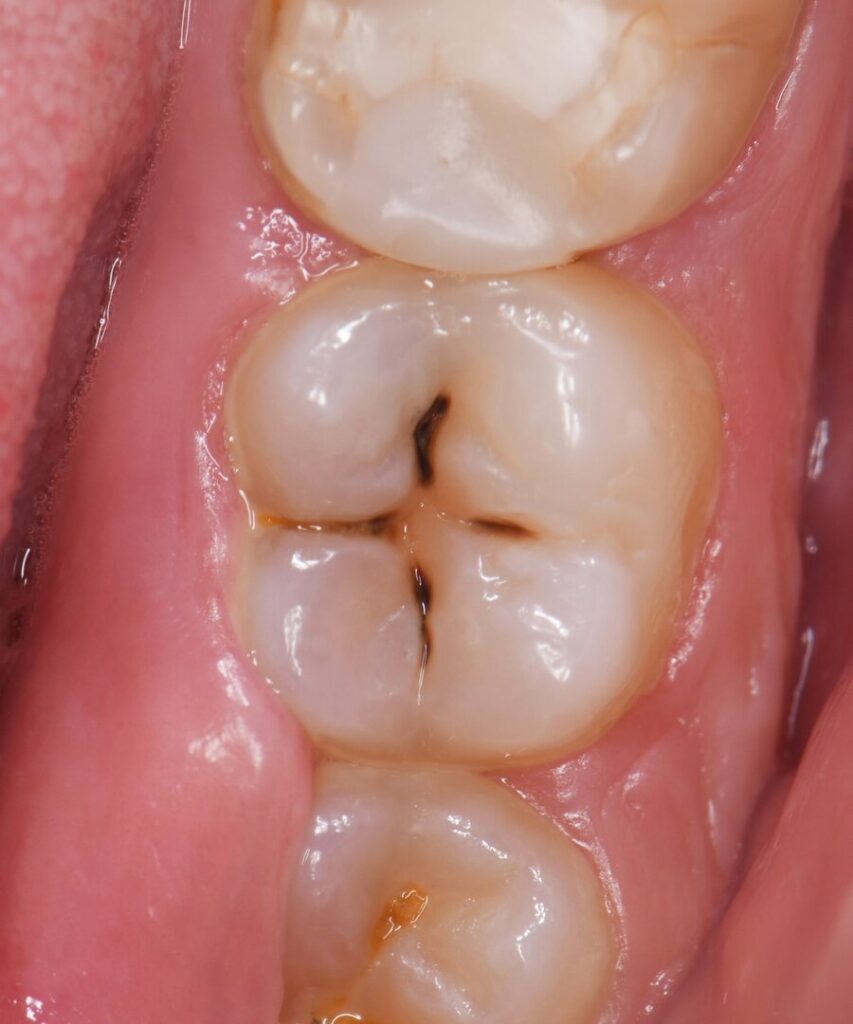
6. Pain While Chewing:
In more advanced stages, cavities may cause discomfort or sharp pain when biting down. This suggests decay has reached deeper layers of the tooth, potentially affected the nerve, and requires urgent dental care.
7. Headaches Tied to Tooth Decay:
Decayed teeth can sometimes cause headaches, especially if the tooth’s nerve is involved. Pain from the tooth may spread to other areas of the head, mimicking tension or migraine headaches, warranting a dental visit.
8. Gum or Facial Swelling:
Severe decay can lead to infections, resulting in swollen gums or even facial puffiness. This is a serious symptom that demands immediate attention, as it may indicate deep infection.
9. Pus Around the Gums:
In advanced cases, you might notice pus near the affected tooth, a clear sign of infection. This requires urgent dental treatment to prevent complications from worsening.
What to Do When You Spot Tooth Cavity Symptoms
1. Assess the Symptoms Carefully
Pay attention to the specific signs you’re experiencing, such as discomfort, visible tooth damage, or gum issues. Note when the symptoms occur (e.g., while eating or brushing) and their severity. This information will help you communicate effectively with a dentist and track any changes over time.
2. Avoid Aggravating Foods and Drinks
Until you can see a dentist, steer clear of foods and beverages that trigger discomfort, like sugary snacks, hot coffee, or cold drinks. These can worsen sensitivity or pain by irritating exposed areas of the tooth. Opt for soft, bland foods like yogurt or mashed potatoes to minimize irritation.
3. Maintain Gentle Oral Hygiene
Continue brushing your teeth twice a day with a soft-bristled toothbrush and fluoride toothpaste, but be gentle around the affected area to avoid further discomfort. Floss carefully to remove food particles, as trapped debris can worsen decay. Rinse with a mild, alcohol-free mouthwash to keep the area clean.
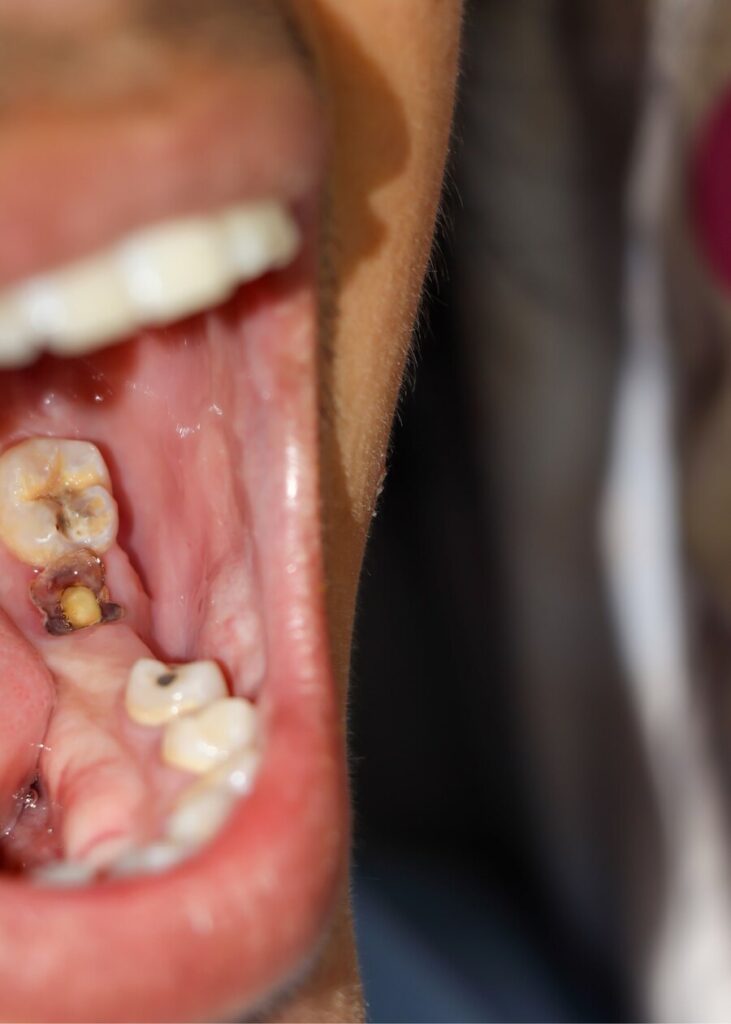
4. Rinse with Saltwater for Temporary Relief
If you’re experiencing mild pain or gum swelling, rinse your mouth with a warm saltwater solution (1 teaspoon of salt in a glass of warm water). This can help reduce inflammation and clear out bacteria temporarily. Do this 2–3 times a day, but avoid relying on it as a long-term fix.
5. Schedule a Dental Appointment Promptly
Reach out to a quickly for a thorough checkup. Cavities won’t fix themselves, and putting off treatment may result in complications like infections or even losing a tooth. Explain your teeth cavity symptoms clearly when booking to ensure you’re seen quickly, especially if you notice severe signs like pus or facial swelling.
6. Avoid Self-Treatment or Home Remedies
Resist the urge to use over-the-counter numbing gels, aspirin, or other home remedies directly on the affected area, as these can sometimes harm your gums or delay proper care. Only use dentist-recommended products, and follow their guidance for safe pain management if needed.
7. Manage Pain with Caution
If you’re in discomfort while waiting for your appointment, consider over-the-counter pain relievers like ibuprofen or acetaminophen, following the dosage instructions. Avoid placing painkillers directly on the tooth or gums, as this can cause burns or irritation.
8. Monitor for Worsening Symptoms
Keep an eye on your teeth cavity symptoms while awaiting your dental visit. If you develop severe pain, fever, significant swelling, or pus, seek immediate care, as these could indicate an infection or abscess requiring urgent treatment.
9. Prepare for Your Dental Visit
Before your appointment, jot down your symptoms, their duration, and any factors that worsen or relieve them. Bring a list of medications you take, as this can help the dentist plan your treatment. Be ready to discuss your oral hygiene habits to help identify potential causes of decay.
10. Follow Through with Treatment and Prevention
After your dentist diagnoses the issue, follow their recommended treatment, which may include fillings, crowns, or, in severe cases, root canals. To prevent future cavities, adopt a consistent oral care routine, limit sugary foods, and attend regular dental checkups to catch problems early.
Why Acting Quickly Matters
Preventing tooth decay is always preferable to treating it, and regular dental check-ups play a crucial role in maintaining oral health. Addressing tooth cavity symptoms promptly can prevent minor decay from turning into major dental problems. Early intervention often means simpler, less costly treatments and a better chance of saving your natural teeth. Ignoring symptoms can lead to complications like infections, tooth loss, or even systemic health issues if bacteria spread.
Conclusion: Taking Action Against Tooth Decay
If you spot tooth cavity symptoms, don’t panic, but don’t delay either. By taking these steps—assessing symptoms, maintaining gentle hygiene, and seeking professional care—you can protect your oral health and avoid complications. For personalized advice, visit a trusted dental clinic near you for a thorough evaluation and tailored treatment plan. Staying alert to these tooth cavity symptoms can help you act swiftly to protect your oral health. If you notice any of these signs, don’t hesitate to reach out to dental clinic near you or Sparsh Dental Clinic in Bilaspur. Our team of dedicated professionals is here to provide comprehensive dental care, ensuring you have the tools and knowledge to maintain a healthy smile.
At Sparsh Dental Clinic, we are committed to helping you achieve optimal oral health and a beautiful smile that lasts a lifetime.
